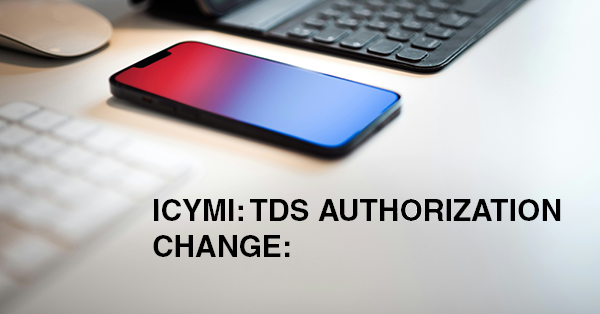CHANGES TO NON-WILLFUL FBAR PENALTIES:

Following a consequential loss when the Supreme Court held that non-willful foreign bank account reporting penalties apply per form, the IRS has decided to eliminate mitigation for those penalties and institute several other changes.
Daniel R. Lauer, director of the IRS Small Business/Self-Employed Division, issued a memo for all SB/SE field and specialty exam employees on July 6. The guidance outlined in the memo, which is effective immediately and will be incorporated into the Internal Revenue Manual (IRM) within two years, addresses policy and procedure changes for FBAR exams in consideration of Bittner v. United States, 143 S. Ct. 713 (2023).
According to the memo, the IRM will be revised to eliminate the FBAR penalty mitigation guidelines for non-willful violations. Those guidelines had established that if the maximum aggregate balance for all accounts did not exceed $50,000, the penalty would be only $500 per violation, not to exceed $5,000 per year. If the balance exceeded $50,000 but was not more than $250,000, the penalty would be mitigated to $5,000 per non-willful violation.
As outlined in the guidance, there may be multiple FBAR penalties if more than one person is required to file a report, and each person can be liable for the full amount of the penalty. There can be both reporting and recordkeeping violations for any year, and examiners will have discretion in deciding if both should apply. According to an attachment to the memo, the IRM will be revised to state that in most cases, examiners will recommend one $10,000 penalty per non-willful violation, and total non-willful penalties for all years under examination won't exceed 50 percent of the aggregate balance of all accounts.




